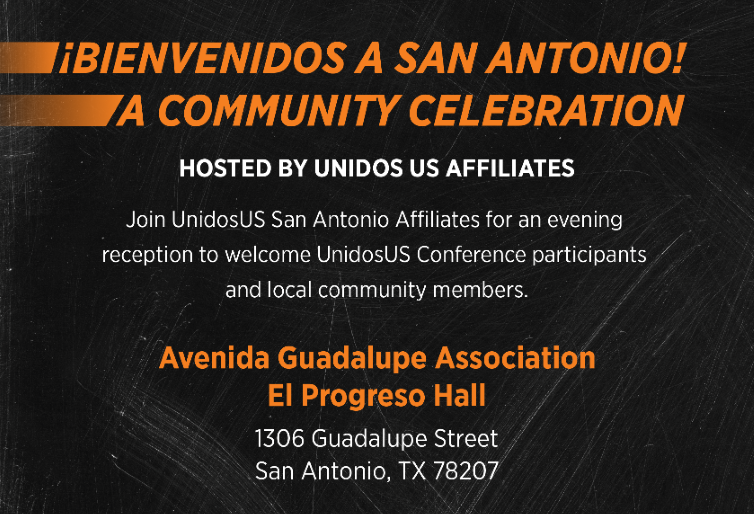In a time of crisis, this UnidosUS Affiliate works hard to meet the needs of their local farmworker community
“Although schools are not physically open, school is still in session.” Our usual routines might have changed, but organizations like Redlands Christian Migrant Association (RCMA) are making sure their students and families are still supported during the Coronavirus (COVID-19) pandemic.
This organization serves multiple rural communities in Florida, including migrant farmworker families in Wauchula, Wimauma, Palmetto, and Immokalee. Juana Brown, part of RCMA’s Charter Schools team, explains how their teachers are doing online instruction and still running their meal program for their students, adapting to this new normal.
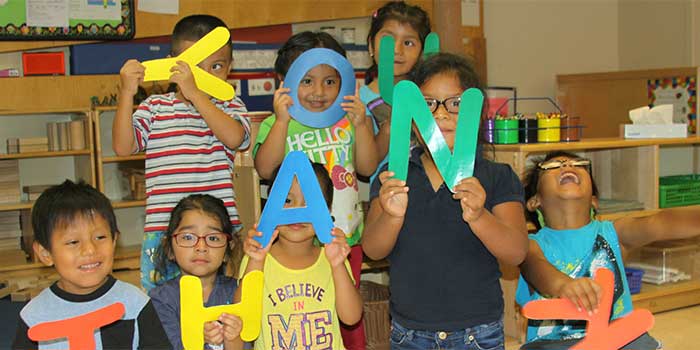
Keep up with the latest from UnidosUS
Sign up for the weekly UnidosUS Action Network newsletter delivered every Thursday.
By Beatriz Paniego-Béjar, Content Specialist, and Elizabeth Carrillo, Health Program Manager, UnidosUS
On Friday, April 2, RCMA, an UnidosUS Affiliate and partner under Healthy and Ready for the Future, an UnidosUS program supported by the Red Nose Day Fund at Comic Relief USA, had to make the difficult decision to close its doors until the end of the month: “Stress factors and exposure [to COVID-19] for children and staff is increasing, so it is safer and smarter to close all centers and minimize everyone’s exposure to the unknowns.” This is what Tijuanna Clemons, the organization’s grants manager, explained in an email to their networks.
The organization’s priorities are clear: “I keep telling our team that the first order of business is to be public health advocates, next is to provide meals, and then address the academics. Maslow’s Hierarchy—definitely,” says Juana Brown.
RCMA is Florida’s largest provider of the Migrant and Seasonal Head Start (MSHS) program, a critical federal program that responds to the needs of migrant farmworker families. MSHSs provide child care services to young migrant children to ensure that they are safe and learning while their parents are working in the fields. Services offered are comprehensive, focused on the “whole child,” and include early education addressing cognitive, developmental, and socio-emotional needs, as well as nutritional, health, and other social services.
The community RCMA serves—farmworker families—are part of the often unrecognized population that comprises the backbone of our nation’s foods supply. While their contributions have always been essential, their value is beginning to come out of the shadows during this COVID-19 pandemic, since they are now deemed “essential” to ensuring our country has a steady supply of food.
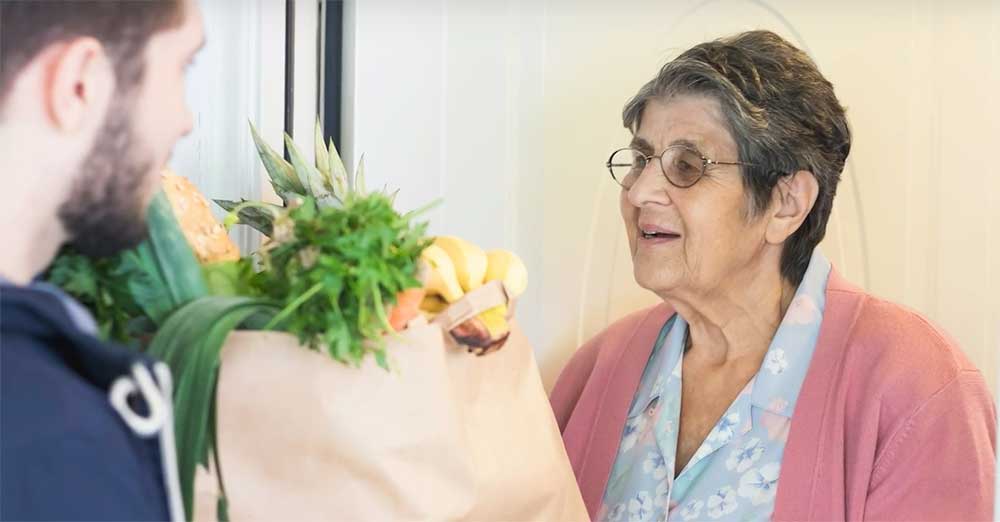
After the implementation of “safer at home” practices, RCMA is now ensuring these very same families that help feed us, have enough food to put on their tables, continuing their meal program for students and preparing bags of food for families, “delivering it to bus stops via our school buses in Wimauma and through walk up/drive-through in Immokalee,” Brown describes. “A skeleton crew–including our principals—is coming in during the week to cook, pack, and distribute meals. We have also distributed cleaning and paper products to families.”
This essential support our families need shows the necessity of increasing investments and expanding eligibility to programs like the Supplemental Nutrition Assistance Program (SNAP). In a letter to Congress UnidosUS President and CEO Janet Murguía sent this week, she writes how the CARES Act’s provisions are insufficient:
“Additional investments in SNAP, including a 15% boost to the maximum benefit and an increase in the minimum monthly SNAP benefit to $30, are needed. The five-year waiting period currently in place impacting the eligibility of lawful permanent resident adults should be eliminated, and investments in Disaster SNAP (D-SNAP) need to expand.”
She also urges Congress to “address the unique needs of farmworker children whose parents continue to work to provide food for the country, but whose places of learning have closed due to the pandemic. Future relief efforts should include targeted and robust funding for the Migrant and Seasonal Head Start Program, which provides services for young children of farmworkers and is critical to Latinos, who represent 94% of enrollees.”
BRINGING A SENSE OF NORMALCY
Once physiological and safety needs are met, RCMA focuses on the academics, because closing their centers hasn’t meant leaving their children unattended. Before their mandatory stay-at-home directive, RCMA teachers prepared to carry out home learning, setting devices with the proper programs and applications. A total of 585 devices were given to their students to participate in live instruction and fulfill the learning packages RCMA teachers developed: “All content areas are included, including art, music, and dance,” Juana Brown says.
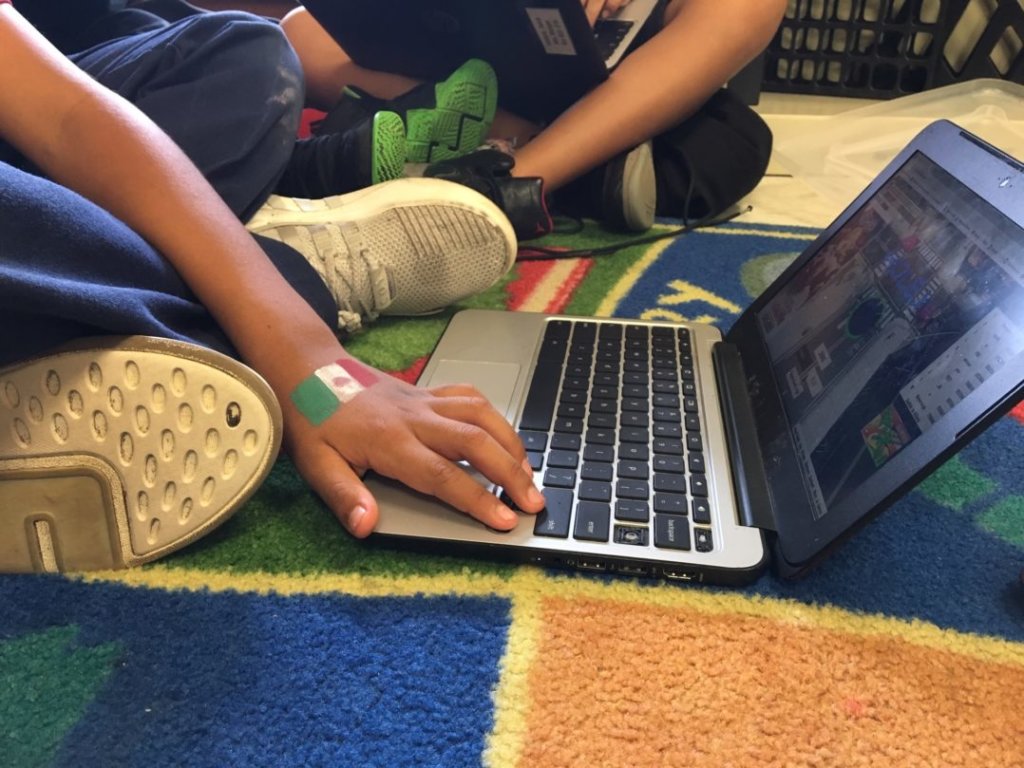
Even when they have encountered several challenges—in-home Wi-Fi connectivity being one of the most pressing ones—RCMA has found solutions to ensure their families are ready to face this new reality. “We have had to go into our operating budget to purchase hotspot subscriptions to get students started in their learning,” Brown tells us. “It’s critical to do this not just for academics, but it allows students to connect to teachers and classmates and bring some normalcy into this unpredictable situation.”
In fact, RCMA’s teachers and support team have been calling each student and communicating with their families, checking-in with them and assuring they are set to learn from home.
GOING BEYOND SCHOOL SUPPORT
RCMA served more than 5,600 children ages zero to five last school year. In their most recent annual report, the organization explains that four percent of those students came from homeless families, about 2% via foster care, and about 7% had been identified by the Department of Children and Families as being at risk of abuse, neglect or abandonment.
“All of these arrived with negative memories that no child should have,” RCMA writes. “RCMA employs professional problem-solvers called ‘family support workers’ at every childcare center. They work with families to help them solve myriad problems ranging from health to housing, finances to immigration status.”
Under these new circumstances, RCMA has also prepared to continue supporting these families. Part of their curriculum includes lessons on Social and Emotional Learning (SEL), addressed to students working on traumas like the ones mentioned above: “Our social workers and counselors have prepared SEL lessons and activities that will continue to build competencies and support students who have yet another stressor or trauma to deal with during the pandemic,” Brown continues.
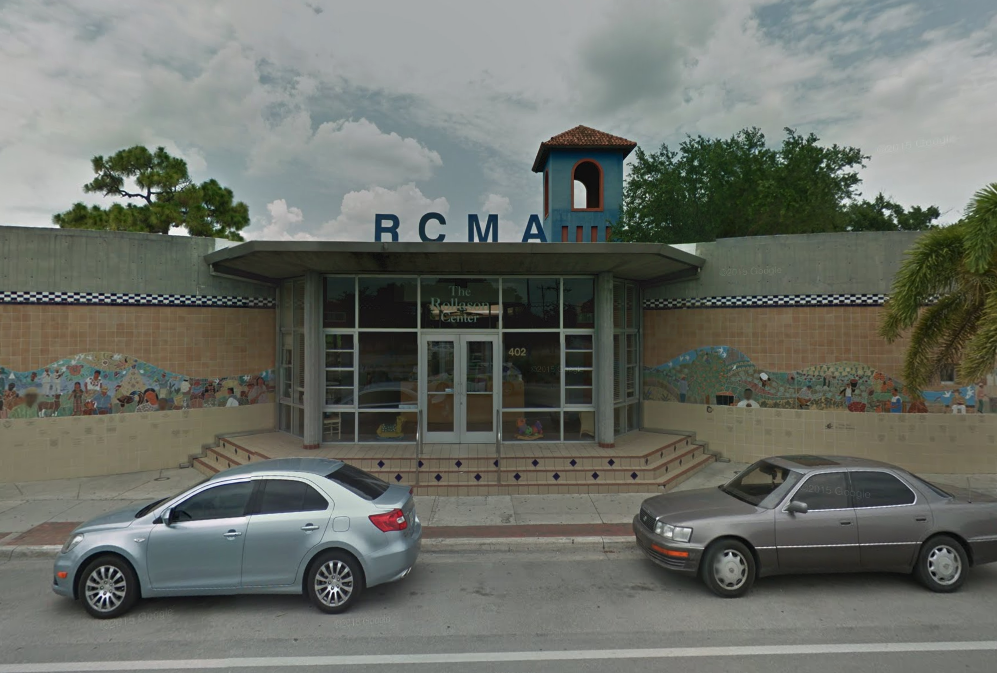
The readiness, willingness, and resilience we see at RCMA is an example of the work members of the UnidosUS Affiliate Network have undertaken in order to address this crisis. Hearing these stories from our network helps us understand the challenges our community is going through during this pandemic and allows us to bring these issues to Congress to ask for relief for Latinos. On a call we held with Affiliates in the beginning of March, we heard their worries for the communities they serve (income and food insecurity, health care and safety, child care, lack of access to technology, etc.) and their own capability to keep their doors open during this crisis.
The CARES Act passed by Congress last month brought some relief to these organizations’ concerns for Latinos (you can learn more in our new video series “UnidosUS CARES: Explaining COVID-19 Relief for Latino Families”), but more needs to be done. While we work with Congress in future relief packages, please consider helping our community now by donating here.


